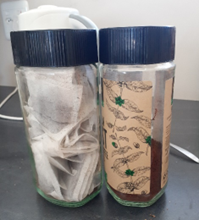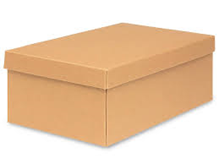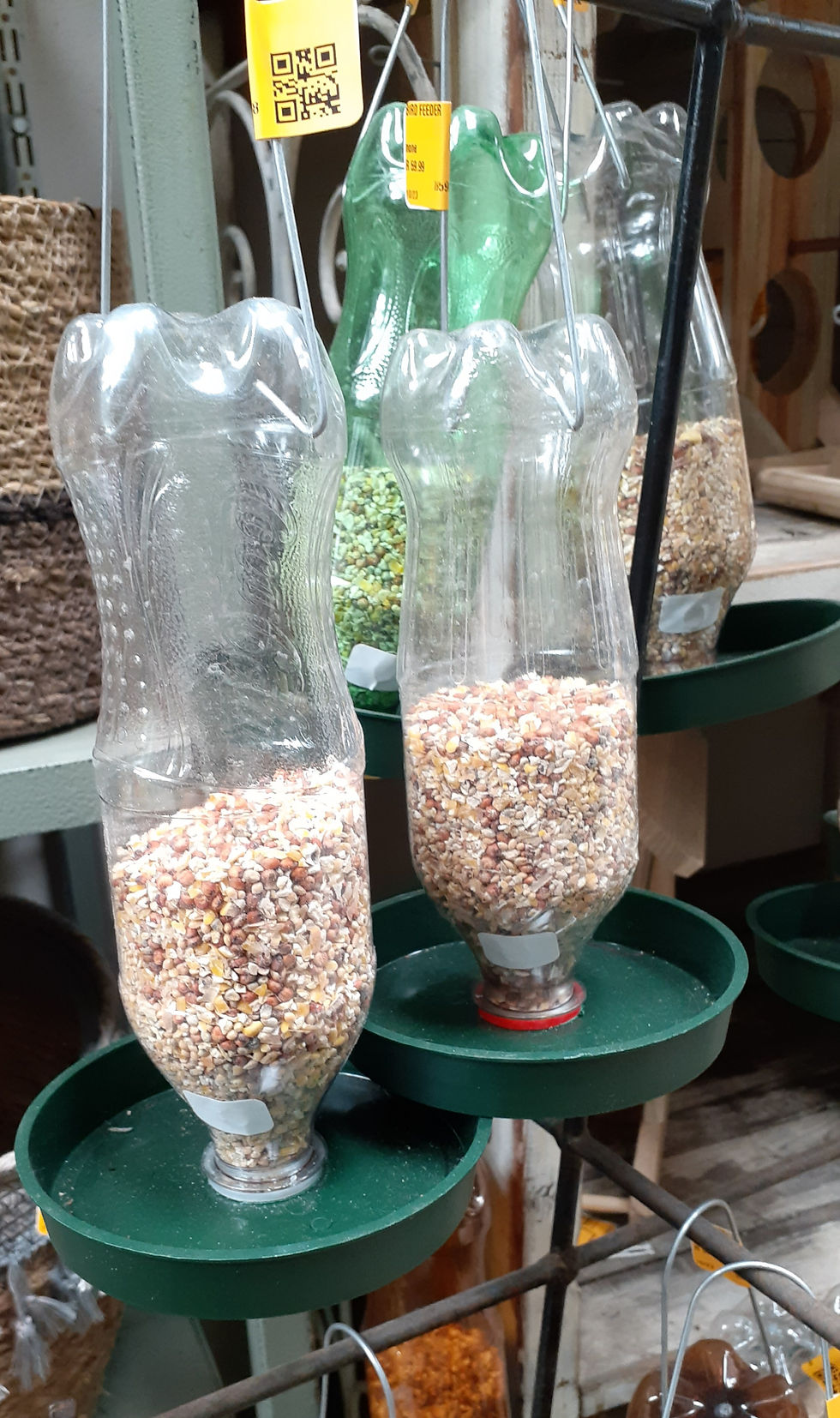Recycling tips and reminders
- Dean Weiss

- Mar 29
- 4 min read
10 Recycling Tips and Reminders
Recycling is an essential practice that contributes significantly to environmental conservation and sustainability. By recycling materials, we can reduce the amount of waste that ends up in landfills, conserve natural resources, and decrease pollution. Here are ten valuable recycling tips and reminders to help you become more effective in your recycling efforts:

Know Your Local Recycling Guidelines: Every recycler has specific rules about what materials they accept for recycling. Before starting to recycle, it's important to acquaint yourself with the guidelines of your local recycler. This involves knowing which materials are accepted, how they should be prepared, and which recycling bins are designated for various types of waste. Many recyclers offer resources online or in print to assist residents in understanding these guidelines. Whether you pay for a collection service or use a nearby drop-off point, make sure to stay informed.
Know what you can recycle at your nearest recycler or drop-off point!
https://www.wiseowllifestyle.com/post/where-to-recycle-in-nelson-mandela-bay-gqeberha-port-elizabeth
Clean and Dry Your Recyclables: Contamination poses a significant challenge in recycling. Before adding items to the recycling bin, make sure they are clean and dry. Rinse containers to eliminate any food residue or liquids, particularly oils, as leftover substances can ruin whole batches of recyclables. For example, a pizza or burger box/wrapper that is excessively greasy might not be recyclable. Aluminum soda cans and steel food cans should be rinsed as well. We also rinse our milk, custard, or juice tetra paks. In our home, we clean them after washing the dishes, using the dishwater to remove all food remnants and labels whenever possible.
Flatten Cardboard Boxes: To optimize space in your recycling bin and simplify processing at facilities, always flatten cardboard boxes. This straightforward action not only conserves space but also reduces contamination and enhances the recycling process's efficiency. Additionally, think about breaking down larger boxes into smaller sections to fit more easily into your bin. Similarly, once washed, Tetra Pak packaging can be flattened as well.

Flatten all cardboard boxes Avoid Wish-cycling: Wish-cycling refers to the practice of placing non-recyclable items into the recycling bin in the hope that they will be recycled. This can lead to contamination and increased costs for recycling facilities. To avoid wish-cycling, educate yourself on what materials are truly recyclable in your area and refrain from tossing in items that are not accepted. Recycling plastic can be challenging because certain items do not clearly indicate their classification. As plastic products advance daily, recyclers aren't always quick to handle and recycle them, though some recyclers globally are. In such instances, local recyclers may lag a few steps behind.
Learn which plastics can be recycled
https://www.wiseowllifestyle.com/post/plastic-recycling-symbols-and-their-meanings
Reuse Before You Recycle: Before deciding to recycle an item, consider if it can be reused in some way. Items like glass jars, plastic containers, plastic shopping bags and old clothing can often be repurposed for storage, crafting, or other practical uses. By reusing items, you extend their life cycle and reduce the demand for new products.
Try to reuse items before sending them to recycling or landfill
Compost Organic Waste: While not all organic waste can be recycled, composting is a fantastic alternative for food scraps and yard waste. Composting helps divert organic materials from landfills, where they would otherwise produce methane, a potent greenhouse gas. You can start a compost pile in your backyard or use a compost bin for smaller spaces, allowing you to create nutrient-rich soil for your garden.
Wise Owl Lifestyle's bokashi mulch and bokashi tea is used by a local farmer - Mr Booi at Amazing Grace Farms
https://www.wiseowllifestyle.com/post/exploring-the-bokashi-composting-system
Educate Others: Share your knowledge about recycling with friends, family, and colleagues. By educating others about the importance of recycling and how to do it correctly, you can help create a more environmentally conscious community. Organize workshops or discussions to promote recycling awareness and encourage collective action. This is fundamentally what Wise Owl Lifestyle embodies, despite sometimes feeling like we can lead horses to water, but cannot compel them to drink.
Participate in Local Recycling Programs: Many communities offer special recycling events, such as e-waste collection days or hazardous waste disposal events. Participating in these programs not only helps you dispose of items responsibly but also raises awareness about recycling initiatives in your area. Keep an eye out for announcements from your local government or environmental organisations.
Wise Owl Lifestyle has held two e-waste campaigns
Support amd Buy Products with Recycled Content: When shopping, look for products made from recycled materials. By choosing items that contain recycled content, you are supporting the recycling industry and encouraging manufacturers to produce more sustainable products. This creates a positive cycle that promotes environmental responsibility and resource conservation.
Stay Informed About Recycling Innovations: The recycling industry is constantly evolving with new technologies and methods to improve efficiency and effectiveness. Stay informed about the latest developments in recycling practices, such as advancements in sorting technology or new materials that can be recycled. By keeping up with these innovations, you can adapt your recycling habits and contribute to a more sustainable future.
By implementing these recycling tips and reminders, you can play an active role in promoting sustainability and protecting the environment. Every small action counts, and collectively, we can make a significant impact on our planet's health.































Very useful advice.